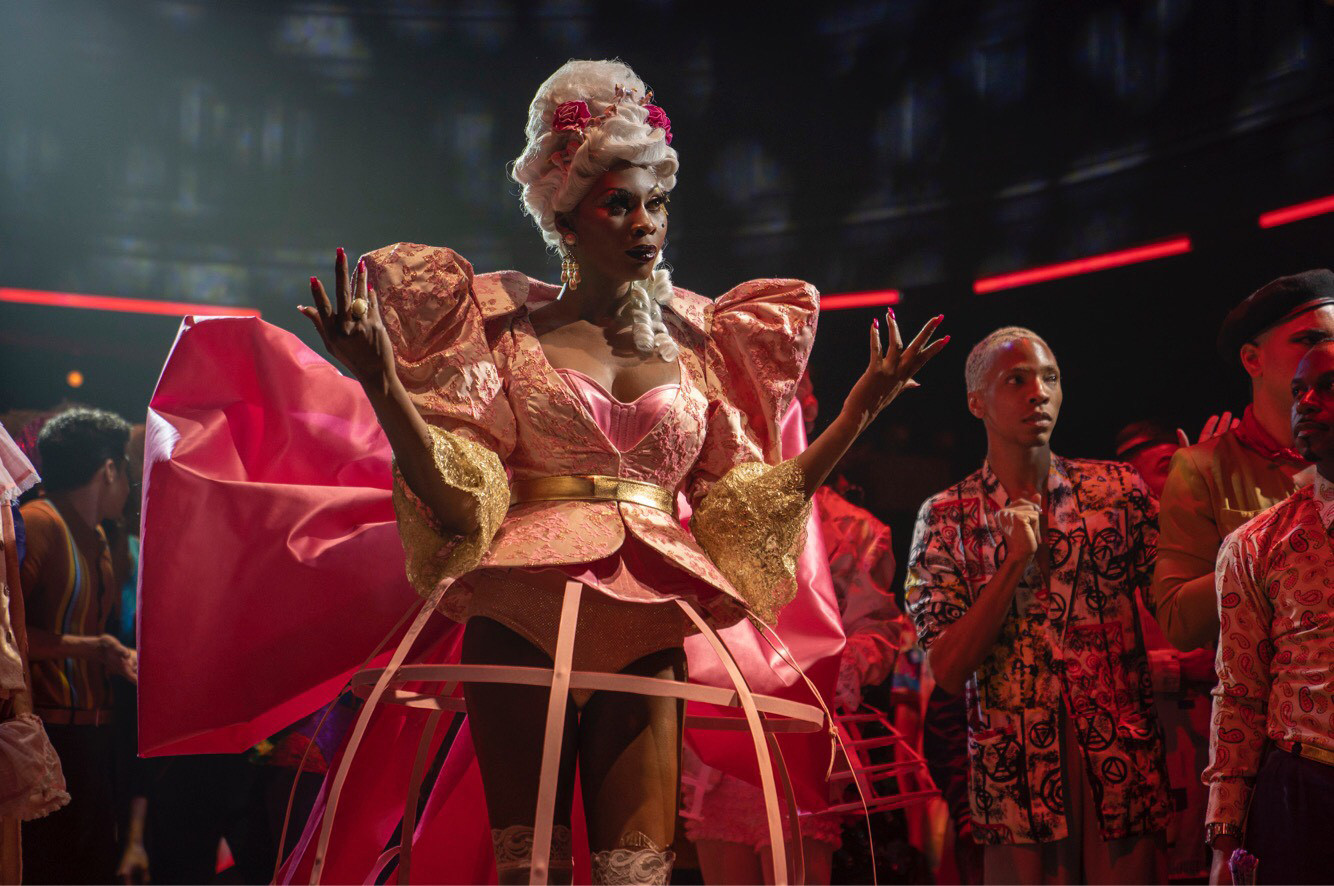“Live. Work. POSE!” Those three words open every episode of Pose, now in its second season, airing every Tuesday at 10pm on FX. Season 1, which is now streaming on Netflix, followed the ballroom scene in the late 1980s and all the people that entered its world. The show features the largest transgender cast in television history, a real landmark moment that is truly exciting to witness. Here’s a quick understanding of the ballroom scene before we get started: Houses compete in ballroom categories (i.e. business women realness, bawdy beautiful eleganza, femme queen realness, etc.) The houses are made up of a mother (Blanca Evangelista is the main protagonist, played brilliantly and with an incredible amount of heart by MJ Rodriguez) and her children. The idea of the LGBTQ+ community finding their own family is due, in part, to ballroom culture, as those that were exiled from their families for being out LGBTQ+ individuals could find their own houses and families who actually support them.
Season 2 jumps ahead to 1990, a landmark year for the ballroom community with the release of Madonna’s seminal “Vogue.” Half of the community thought it allowed them to finally become mainstream, while the other half thought it was taking away what was rightfully theirs by a cis-gendered white woman. Season 2 also dives even deeper into the AIDS crisis. ACT UP NY becomes a cornerstone of the premiere episode, with Pray Tell (the Emmy Award deserving Billy Porter) joining the group and starting to protest the mistreatment of the crisis and his community. He jokes with Judy (Sandra Bernhardt) over the number of funerals they’ve had to attend (Judy jokes “First one to 1000 gets a free toaster,” trying to help cope with the sheer amount of loss the LGBTQ+ community was facing at the time, and honestly, still is).
Now, Pose is a high profile and critically lauded drama airing on FX, but unlike most dramas right now, this show oozes not only individuality but also a sense of hope and love. This season brings us the devastation of the epidemic at hand, with unmarked wooden coffins holding thousands of LGBTQ+ individuals whose family did not care about their passing. Yet, there is a light, with ACT UP NY protests and AZT medication getting into the hands of those who don’t have the money to afford it.
All the sadness and moving plotlines aside, the show is still a blast to watch. Elektra Abundance Evangelista, played with such velocity by Dominique Jackson, is the queen of the read and has spit out such precise and immaculate insults at fellow ballroom people that my jaw has hit the floor many a time.
This season seems to be one with a more somber tone, with the families presented ready to fight for their rights and see their community recognized. Whether that is solely for equality in the media or for their right to live is yet to be seen, but I know I am ready to live, work, and POSE right along with them.

